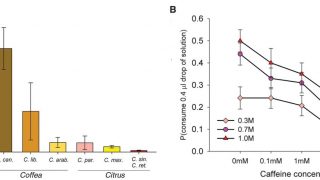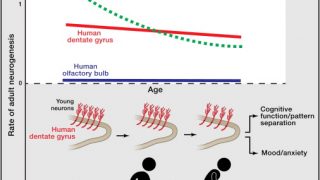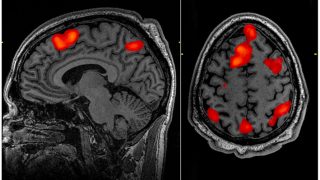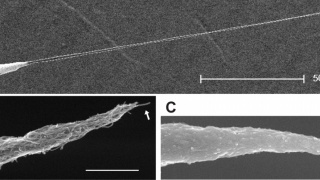
Eat healthily, for your children’s sake!
Biochemistry • Biomedicine • Molecular biology • Neurobiology
Nowadays we are more aware than ever about the relevance of eating a balanced and assorted diet. However, in the more industrialized countries obesity has become almost epidemic, and it is a condition that lies at the base of many different health issues, being the cardiovascular complications probably the most obvious. But also immunological and […]








